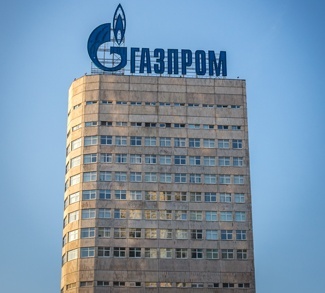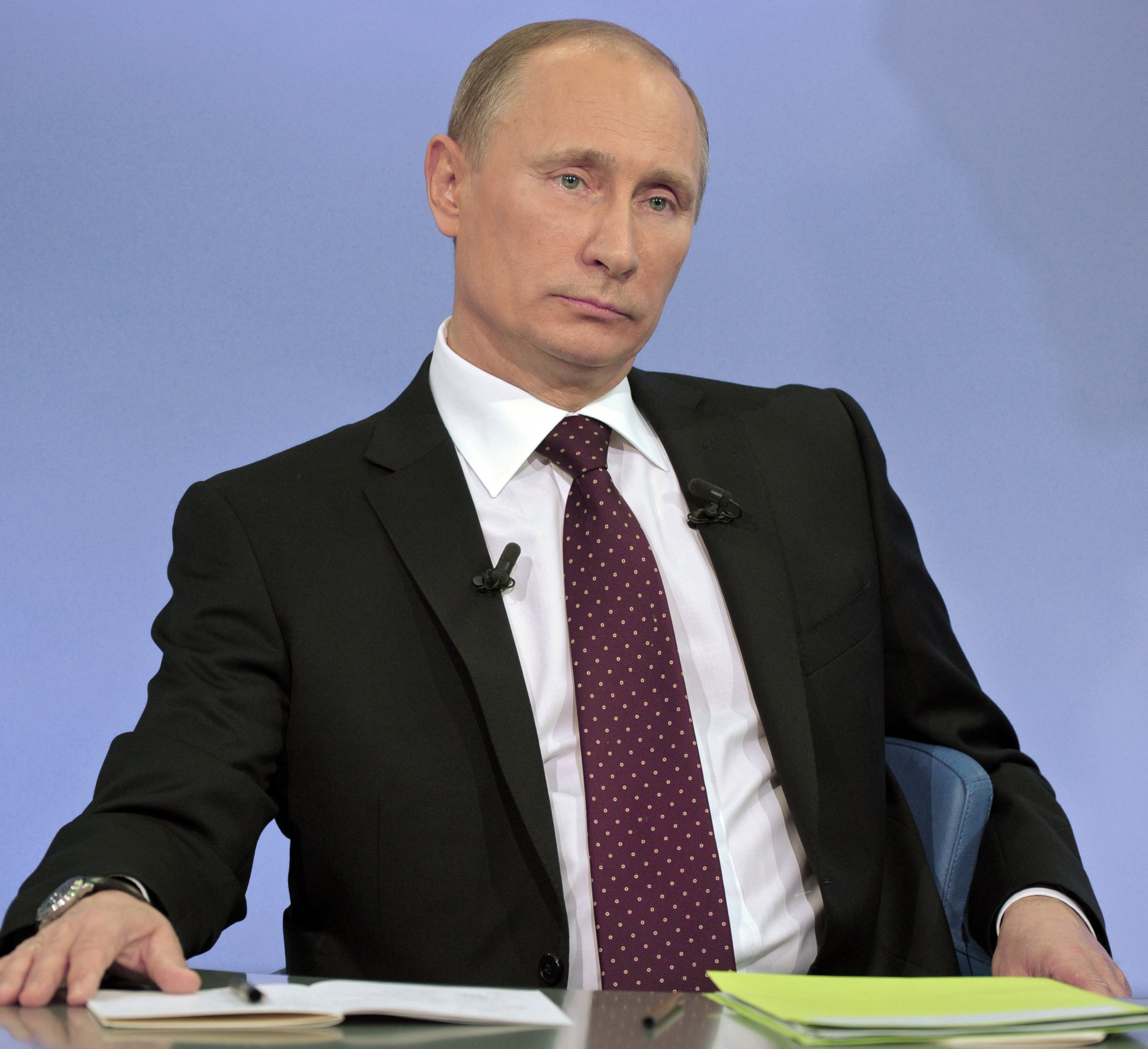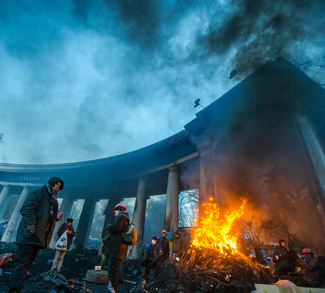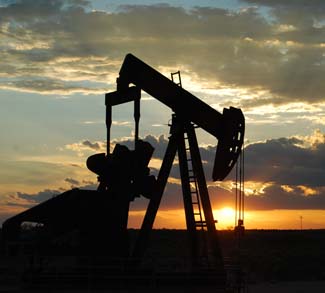The ongoing geopolitical chess match between the West and Russia over Ukraine has prompted governments in Central and Eastern Europe (CEE) to reignite a debate over the regions need for energy diversification. Governments in the region are concerned over the implications that deteriorating Russian-European relations could have on gas prices and energy security.
Energy security has long been among the EU’s chief policy concerns. In the wake of CEE’s political and economic integration with Western Europe, reliance on Russian oil and gas imports were viewed as perilous by European policymakers. CEE made impressive strides with regards to democratization and market reforms but energy infrastructure, which remains largely unchanged to this day, provides a sobering reminder of a political –economic relationship that once held sway not that long ago. Those who decried CEE’s reliance on Russian energy imports in the early years of integration were slowly drowned out and before long, any momentum towards energy diversification was lost.
Although demand for energy in Europe has fallen in recent years, due in large part to slowing economic growth, CEE remains heavily dependent on Russian sources of energy, which include oil, gas, and nuclear technology. While almost 40 percent of the gas used in Germany comes from Russia, in CEE countries, the percentage is considerably higher. In 2010, 90 to 100 percent of imported gas in Poland, the Czech Republic, and Slovakia came from Russia. In Hungary, it was slightly lower, with 70 percent of imported gas coming from Russia. Hungary, however, recently signed an expansion deal with Rosatom, the Russian state-owned atomic energy corporation, to install two new nuclear reactors.
It is no secret that Russia has routinely exploited its position as the region’s primary energy exporter to further its own foreign policy agenda. This is perhaps best evidenced by the Russian-Ukrainian gas disputes that saw periodic cut-offs in supply, including a few occasions when Ukrainians were left without gas in the dead of winter in 2006 and 2009. The 2009 dispute had implications for EU member states as it disrupted the delivery of Russian gas via Ukraine. As a result, any disruption of supply in Ukraine puts energy security at risk for the rest of continental Europe. A bellicose Russia, embroiled in a geopolitical retaliatory tit-for-tat scenario with the West, may find easy targets in CEE. This makes the issue of energy diversification all the more pressing for governments in the region.
The ambassadors of the Visegrad four (Poland, Hungary, Czech Republic, and Slovakia) recently wrote a joint letter urging the United States to remove bureaucratic obstacles for the approval of gas export licences to non-free trade agreement countries. The US could play a pivotal role in solving CEE’s single supplier problem, as it is poised to become one of the world’s top liquefied natural gas producers, propelled by advances in drilling techniques, particularly fracking.
Alternatively, Europe’s attempt to lessen its dependence on Russian energy could result in the construction of new pipelines originating in Azerbaijan and Turkmenistan that would effectively circumvent Russian territory and infrastructure. Pipeline projects like the Trans-Anatolian gas pipeline, which would link gas from Azerbaijan to southern Europe via Turkey, could be instrumental in achieving energy security for Europe. Continued deterioration in relations between Russia and the West could also revitalize the recently defunct Nabucco pipeline project, which was scrapped due to soaring costs. A “west Nabucco” project that would link up with the Trans-Anatolian pipeline in southern Bulgaria may prove more cost effective.
European policymakers are cautiously optimistic that Russia will not recreate a similar situation to that of Ukraine and cut off gas supplies to the continent. Approximately 60 percent of Russia’s state income is derived from oil and gas sales, most of which come from Europe. Moscow also needs foreign cash to pay for its import of goods and services. As the Russian economy continues its lacklustre performance, those needs will undoubtedly continue to grow. Despite this, however, Russia has shown willingness in the past to use its energy resources as a political weapon. Gazprom, Russia’s state-owned gas company, recently announced that it may rescind an agreement it made last year to supply Ukraine with a cheaper gas rate unless it receives payment for $1.55 billion it is owed for fuel.
The current geopolitical discord between the West and Russia reaffirms the need for greater energy security in Europe, particularly in CEE. EU and national policy makers should seek to regain the impetus of those early integration years and devise realistic strategies that will lessen the continent’s dependence on Russian energy imports.




